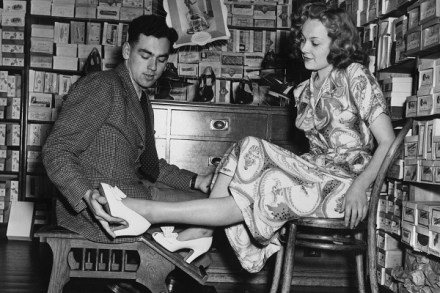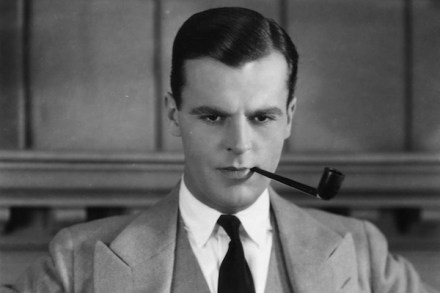Gray’s anatomy
Reading a new John Banville novel is like walking into a house you know but finding the dirty old armchair has moved. The shelf, still stacked with the same books, is now bathed in dusty light. The rug has shifted from right under your feet. Time and memory, ‘a fussy firm of interior decorators’, have rearranged the furniture. Whenever a Banville character peers into the recesses of their mind — and introspection is the norm — they experience a similar feeling of disorientation. We last met Alexander Cleave in Eclipse when the former thespian had retreated to wandering around his late mother’s house in an attempt to gather his wits














